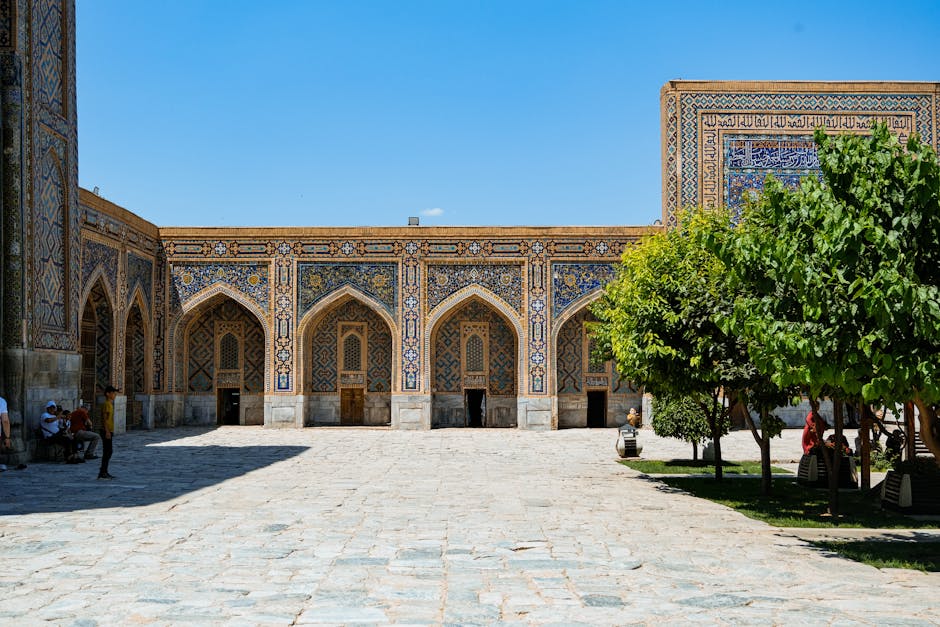
Understanding Indigenous Knowledge in the Era of Globalization
Indigenous knowledge encompasses the traditions, skills, and practices developed by indigenous communities over generations. It offers valuable insights into sustainable living, environmental management, and cultural heritage. As the world becomes increasingly interconnected through globalization, it is crucial to recognize the importance of respecting indigenous knowledge systems.
Global integration presents both challenges and opportunities for indigenous communities. While there is a risk of cultural erosion, it also opens avenues for collaboration and mutual learning. Respect for indigenous perspectives can foster better cultural preservation and support the integration of traditional practices into broader social contexts.
Incorporating indigenous knowledge into contemporary practices not only honors the contributions of indigenous peoples but also promotes sustainable development. It is essential for policymakers and communities alike to prioritize respect and ensure that indigenous voices are heard in global discussions.
By doing so, we can build a more inclusive society that values diverse perspectives and upholds the rights of indigenous peoples. Learn more about the significance of indigenous knowledge and how it can be preserved amidst ongoing global changes.
